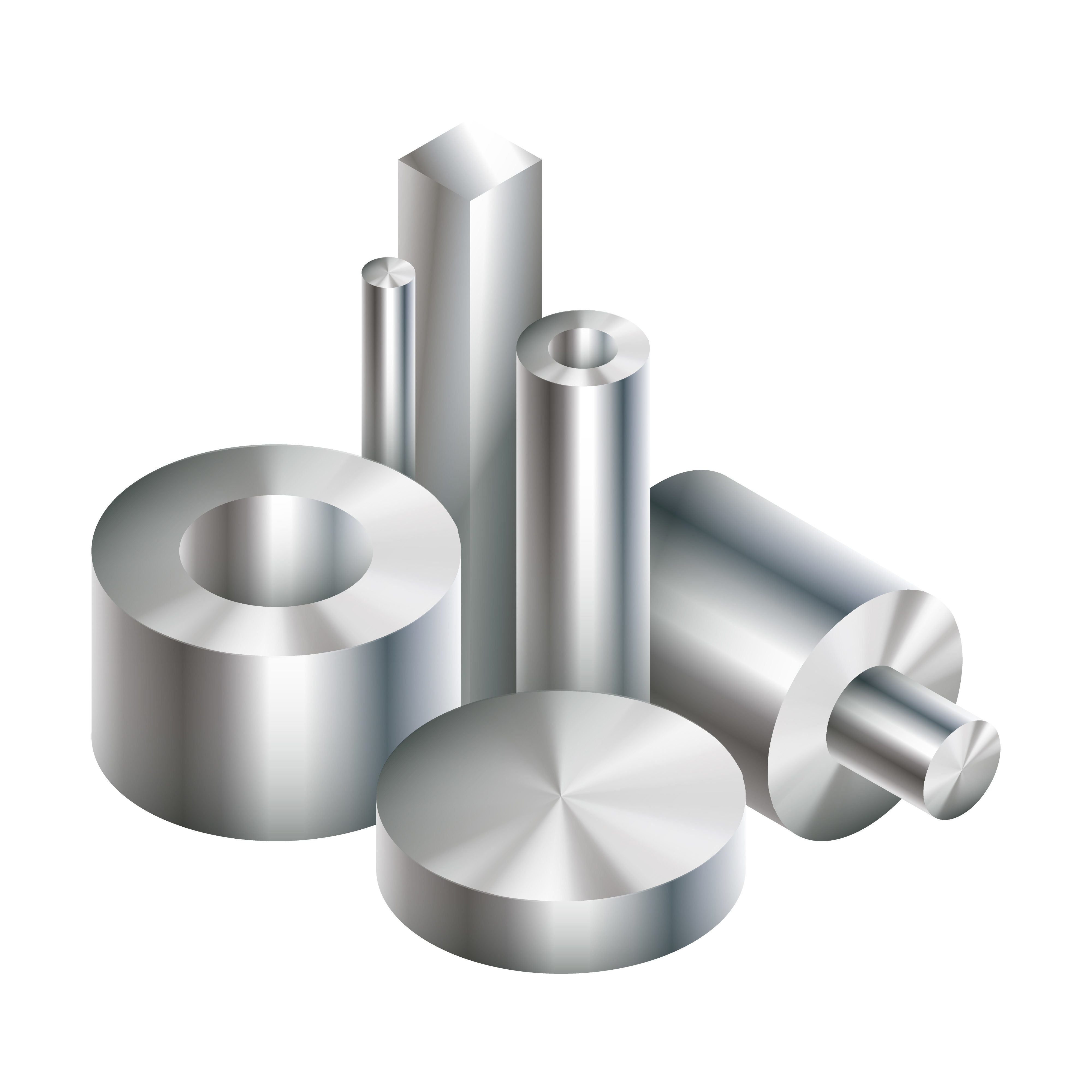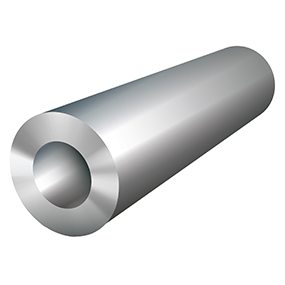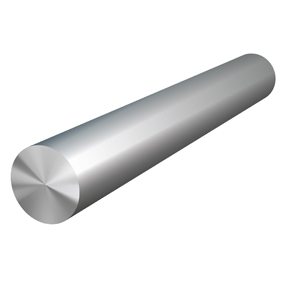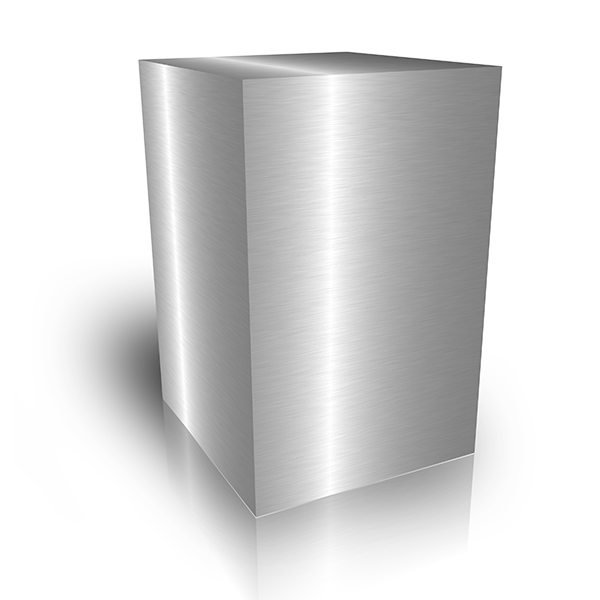factory customized Stainless Steel to Manila Factory
Short Description:
factory customized Stainless Steel to Manila Factory Detail:
Product detail pictures:
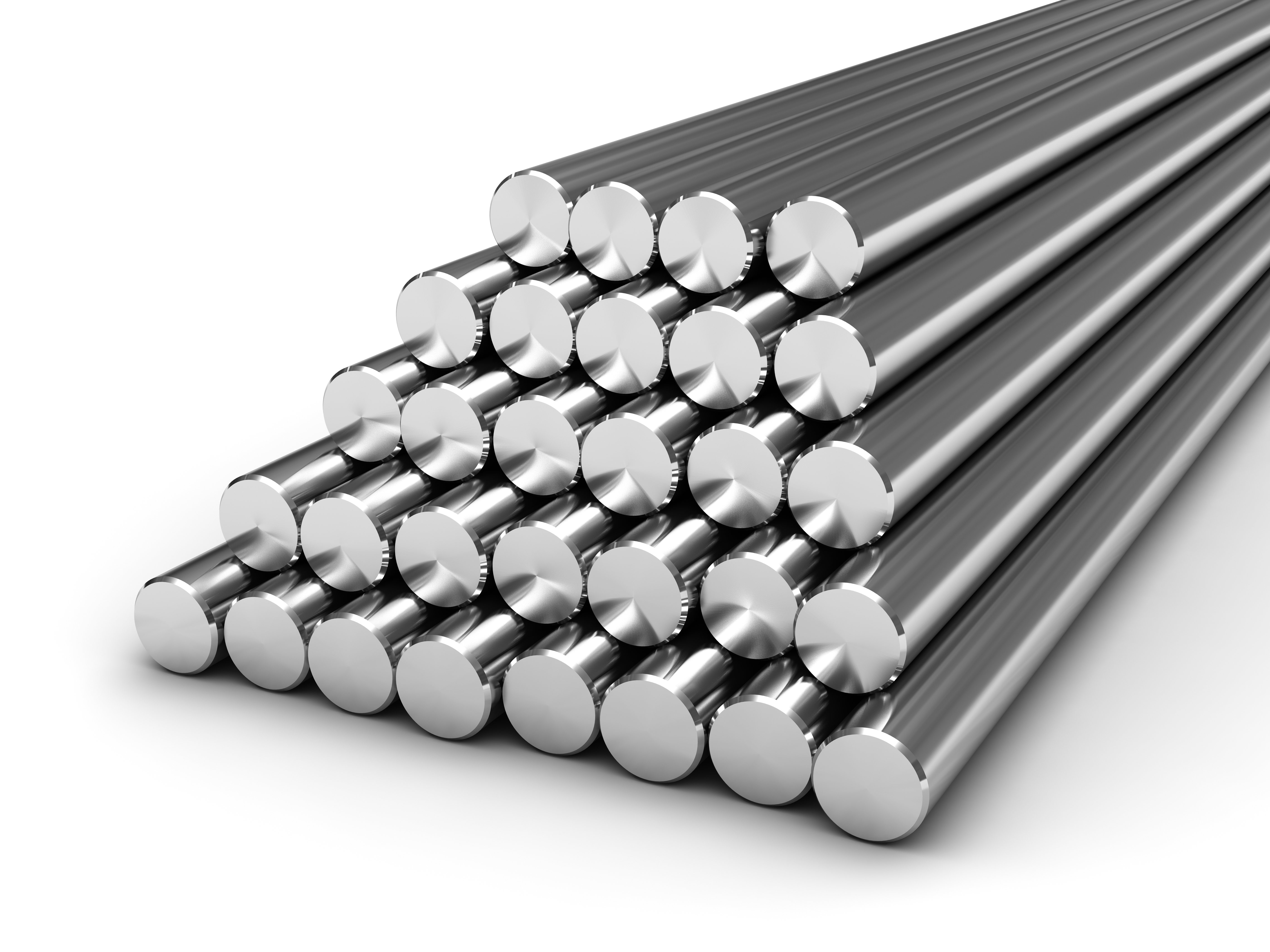
factory customized Stainless Steel to Manila Factory, The product will supply to all over the world, such as: , , ,
We’ve already seen in Part 1 that carbon steel wok is the way to go. So now let’s talk about caring for your wok so that it will remain non stick forever, and it will add a smokey wok flavour to your food! As you’ll see it’s super easy and quick, don’t let anyone tell you it’s a burden to care for woks!!
Videos I mentioned:
EXACTLY HOW I SEASONED MY WOK (video by Typhoon): https://www.youtube.com/watch?v=yxMP3rCn67o
PART 1: WHAT IS THE BEST WOK TO BUY
LINK TO BUY THE WOK & OTHER EQUIPMENT I USE:
https://hot-thai-kitchen.com/shop-for-ingredients-and-tools/
For recipes: https://hot-thai-kitchen.com
Get my cookbook: https://hot-thai-kitchen.com/htk-cookbook/
Connect with me:
https://facebook.com/HotThaiKitchen
https://instagram.com/HotThaiKitchen
https://twitter.com/HotThaiKitchen
To donate: https://hot-thai-kitchen.com/support-htk/
About Pai:
Pailin “Pai” Chongchitnant is the author of the Hot Thai Kitchen cookbook, co-host of a Canadian TV series One World Kitchen on Gusto TV, and creator and host of the YouTube channel Pailin’s Kitchen.
Pai was born and raised in southern Thailand where she spent much of her “playtime” in the kitchen. She traveled to Canada to study Nutritional Sciences at the University of British Columbia, and was later trained as a chef at Le Cordon Bleu culinary school in San Francisco.
After working in both Western and Thai professional kitchens, she decided that her passion really lies in educating and empowering others to cook at home via YouTube videos, her cookbook, and cooking classes. She currently lives in Vancouver, and goes to Thailand every year to visit her family. Visit her at https://hot-thai-kitchen.com
What is TOOL STEEL? What does TOOL STEEL mean? TOOL STEEL meaning – TOOL STEEL definition – TOOL STEEL explanation.
Source: Wikipedia.org article, adapted under https://creativecommons.org/licenses/by-sa/3.0/ license.
Tool steel refers to a variety of carbon and alloy steels that are particularly well-suited to be made into tools. Their suitability comes from their distinctive hardness, resistance to abrasion and deformation and their ability to hold a cutting edge at elevated temperatures. As a result, tool steels are suited for their use in the shaping of other materials.
With a carbon content between 0.5% and 1.5%, tool steels are manufactured under carefully controlled conditions to produce the required quality. The presence of carbides in their matrix plays the dominant role in the qualities of tool steel. The four major alloying elements in tool steel that form carbides are: tungsten, chromium, vanadium and molybdenum. The rate of dissolution of the different carbides into the austenite form of the iron determines the high temperature performance of steel (slower is better, making for a heat-resistant steel). Proper heat treatment of these steels is important for adequate performance. The manganese content is often kept low to minimize the possibility of cracking during water quenching.
There are six groups of tool steels: water-hardening, cold-work, shock-resistant, high-speed, hot-work, and special purpose. The choice of group to select depends on cost, working temperature, required surface hardness, strength, shock resistance, and toughness requirements. The more severe the service condition (higher temperature, abrasiveness, corrosiveness, loading), the higher the alloy content and consequent amount of carbides required for the tool steel.
Tool steels are used for cutting, pressing, extruding, and coining of metals and other materials. Their use, such as the production of injection molds, is essential, due to their resistance to abrasion, which is an important criterion for a mold that will be used to produce hundreds of thousands of moldings of a product or part.
The AISI-SAE grades of tool steel is the most common scale used to identify various grades of tool steel. Individual alloys within a grade are given a number; for example: A2, O1, etc.
